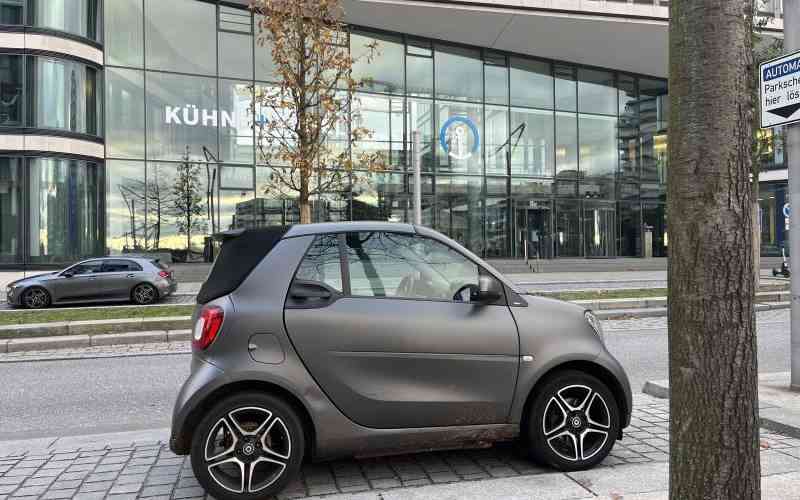×
The Standard e-Paper
Kenya’s Boldest Voice

Would you buy this car (picture)? I asked the same question to my undergraduate and postgraduate students.
The answer was consistent for both groups, no. They said it's too small, even those unmarried agreed too.